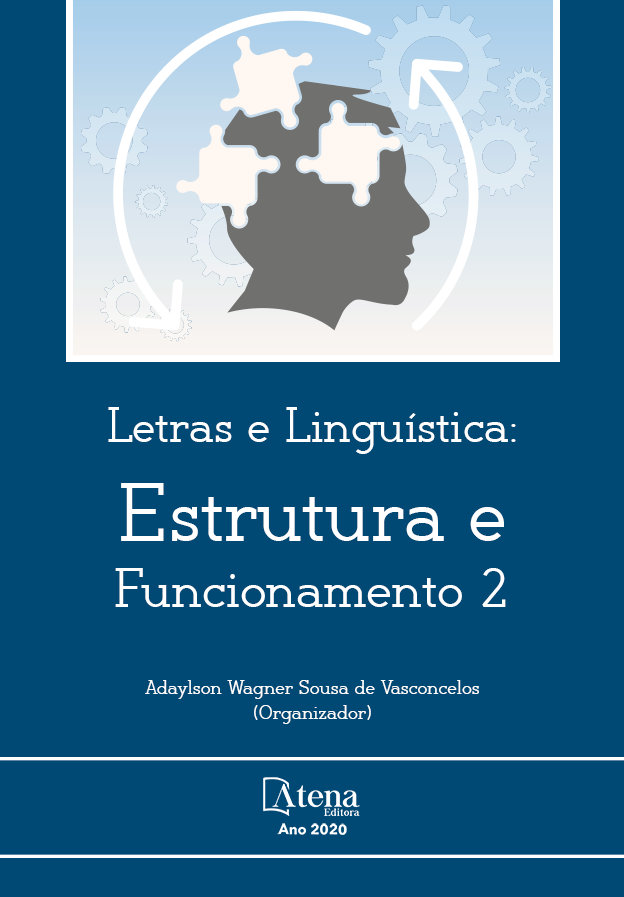
O emprego do pronome oblíquo átono proclítico à luz da sociolinguística
O âmbito da flexibilidade da língua portuguesa abriga diversas possiblidades de comunicação. O presente estudo tem como finalidade analisar diacronicamente a posição do pronome oblíquo átono em relação ao verbo, ou seja, a posição proclítica de modo paradoxal entre a norma padrão em detrimento do seu emprego informal. Para cumprir tal propósito, por meio da pesquisa bibliográfica, este material aborda o poema Pronominais do autor Oswald de Andrade como rompimento de paradigmas impostos pelos cânones da Literatura, assim como músicas que marcaram a época no decorrer das duas últimas décadas do século XX discutindo a variante informal em detrimento da padrão. Neste viés, tal poema atua como objeto de análise, concomitantemente, com trechos de músicas em uma abordagem discursiva e comparativa que aponta variações significativas no que concerne o fenômeno linguístico dentro de uma linguagem menos monitorada. O resultado da pesquisa aponta que as normas gramaticais não são aplicadas em uma linguagem menos monitorada, essa dinâmica vocabular que iniciou em 1922 continua na sociedade hodierna não somente nas falas populares, mas também nas músicas que marcam época. Portanto, ainda que a linguagem estigmatizada prevaleça nas canções, é possível haver comunicação entre os interlocutores.
O emprego do pronome oblíquo átono proclítico à luz da sociolinguística
-
DOI: 10.22533/at.ed.4982006102
-
Palavras-chave: Variante Informal. Dicotomia. Norma Culta. Comunicação.
-
Keywords: Informal Variant. Dichotomy. Enlightened Norm. Communication.
-
Abstract:
The sphere of the flexibility of the Portuguese language shelters miscellaneous possibilities of communication. The present study aims to analyze the position of the unstressed oblique pronoun in relation to the verb, that is, the proclitic position paradoxically between the enlightened norm at the expense of its informal use. To fulfill this purpose, through bibliographic quest, this material addresses the poem Pronominais from the author Oswald de Andrade as breaking the paradigms imposed by the canons of Literature, as well as songs that marked the time during the last two decades of the 20th century discussing the informal variant to the detriment of the standard. In this bias, this poem acts as an object of analysis, concomitantly, with excerpts of music in a discursive and comparative approach that points out significant variations regarding the linguistic phenomenon within a less monitored language. The result of the research points out that the grammatical norms are not applied in a less monitored language, this vocabulary dynamics that kicked off in 1922 and continuing in today's society not only in popular speeches, but also in the songs that mark time. Therefore, even though the stigmatized language prevails in the tune, it is possible to have communication between the interlocutors.
-
Número de páginas: 14
- Gisele Manhães do Couto
- Eliana Crispim França Luquetti
- Carla Barcelos Nogueira Soares


